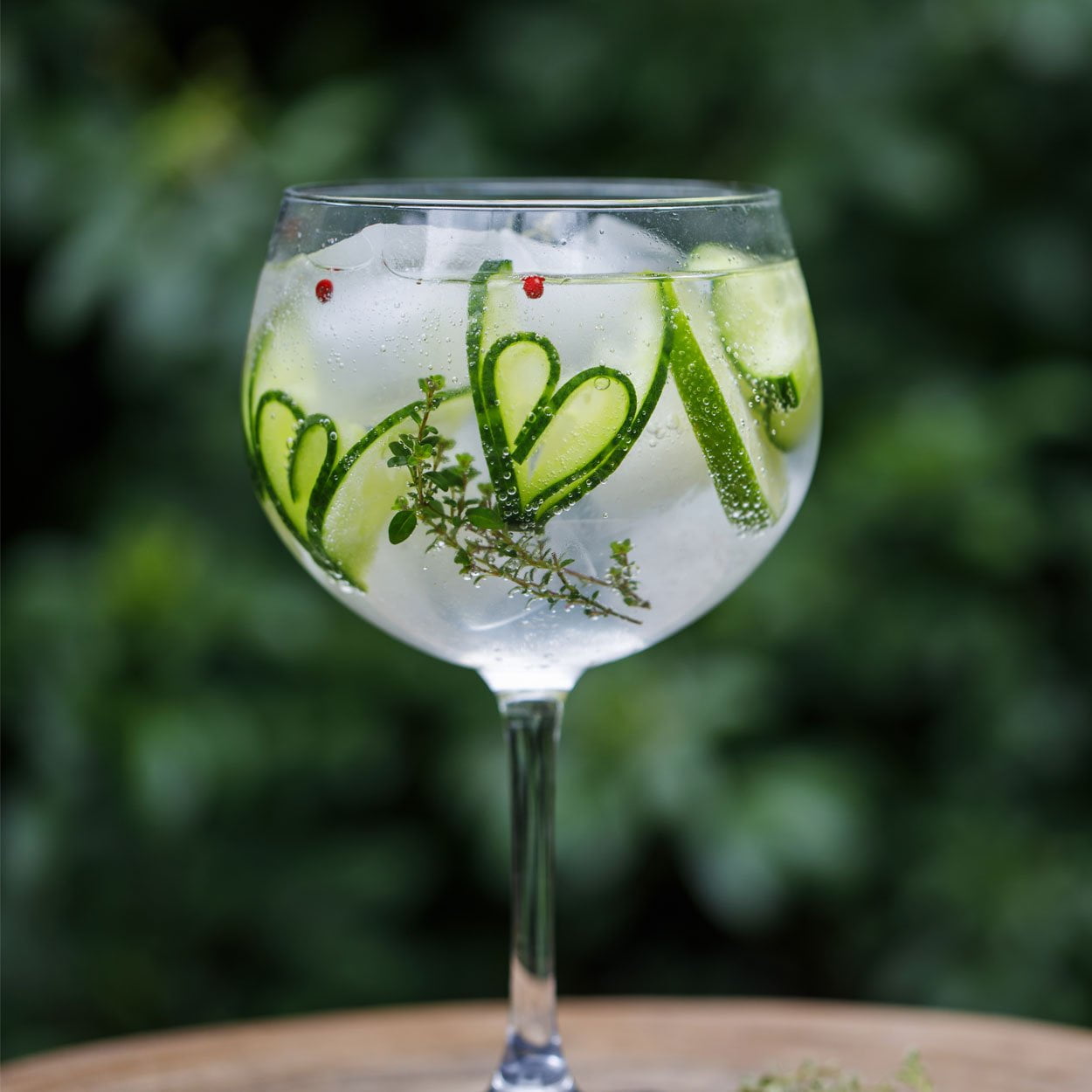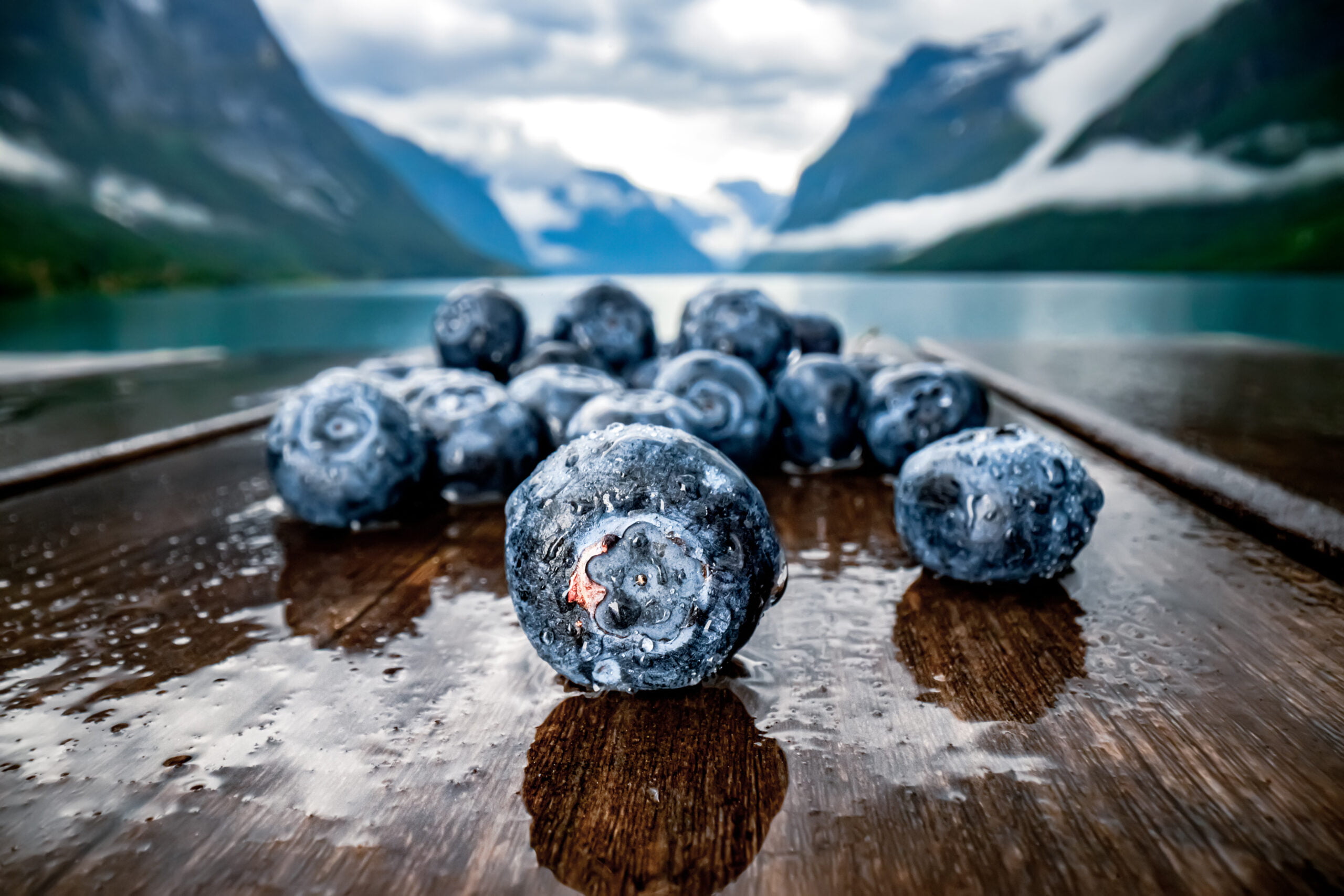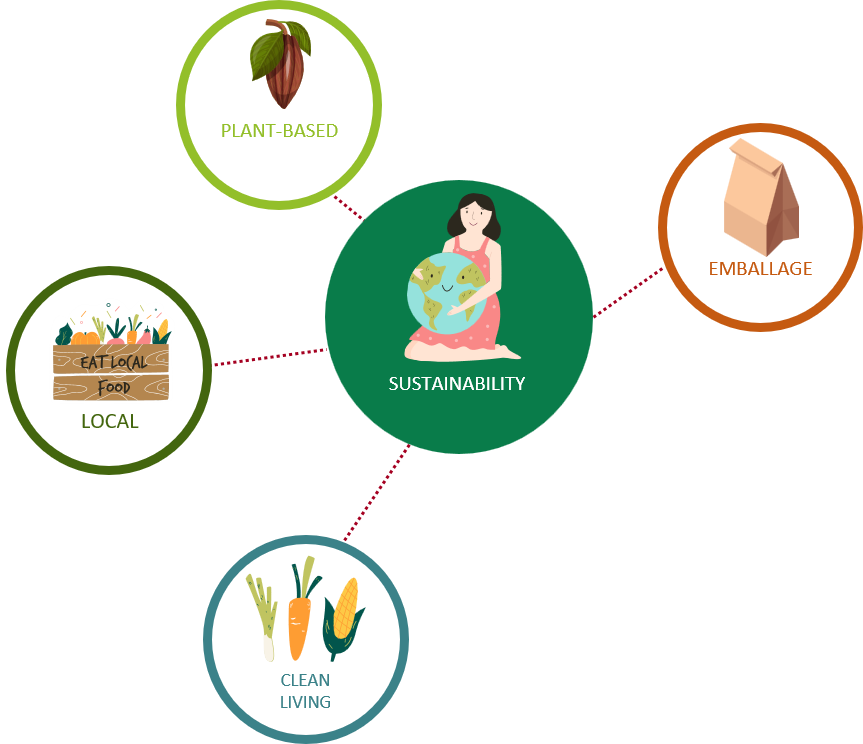Trend Report 2022

Packaging
Environmentally friendly packaging is a visible issue and the one where consumers can quite easily contribute by recycling. Recent UK study indicates that consumers are willing to pay more for sustainable packaging, especially if its available in stores and clearly indicated on the label. The level of innovation in biodegradable food and drink packaging is impressive: aluminium, bioplastic, paper and cardboard are just a few options available for businesses today.
Plant-based
Plant-based sector is another trendy area buzzing with innovation. Climate concerns have seriously shifted consumer attitudes towards plant-based products, especially when it comes to younger consumers. Millennials and Gen Z are driving the demand for plant-based alternatives. They choose these products both out of interest in healthier products as well as concern for the environment and animal welfare. However, it is still a challenge to create meat and dairy alternatives with great taste and texture while meeting consumer demands for clean label e.g., avoiding long ingredient lists, additives etc.


Local
The pandemic has changed the way consumers approach shopping. Initial wave of support for local businesses paired with restrictions on movement has turned everyone to think and shop within their immediate geographical area. Inventive start-ups have capitalised on this interest for local products and launched digital solutions that enable direct sales from farmers to consumers. Fresh produce from certified farmers or weekly meal kits with local and often organic ingredients are some of the examples of the local trend. Eating local continues to appeal to consumers’ sense of community and sustainability as they take more personal responsibility for climate impact. Along with local products, seasonal foods have also been enjoying extra attention – for example, 49% of British consumers have bought more seasonal products in 2021. Continuous appeal of local and seasonal is in line with traditional and nostalgic trends with recipes that most often revolve around local and seasonal foods.
Clean living
Food and beverages obviously have a profound impact on our personal health; however, food production is also one of the biggest contributors to global greenhouse gas emissions. Growing awareness of how our personal choices impact the environment has shifted consumer preferences toward products that are mindful and transparent of their impact. Sustainability practices and reports are already the norm in the industry, and many go further to communicate their efforts to offset carbon footprint. Voluntary carbon labelling is supposed to help consumers make informed choices; however, the lack of standardization and concern for “greenwashing” creates confusion and scepticism. Promising initiatives are on the way, for example European Union intends to harmonise food labelling by the end of 2022.

Contact us
We always consider our customer
At Einar Willumsen we consider our customers consumers and what we want the taste reaction to be. Our expertise is to combine science and our understanding of the market place to deliver the optimum results in our products.









